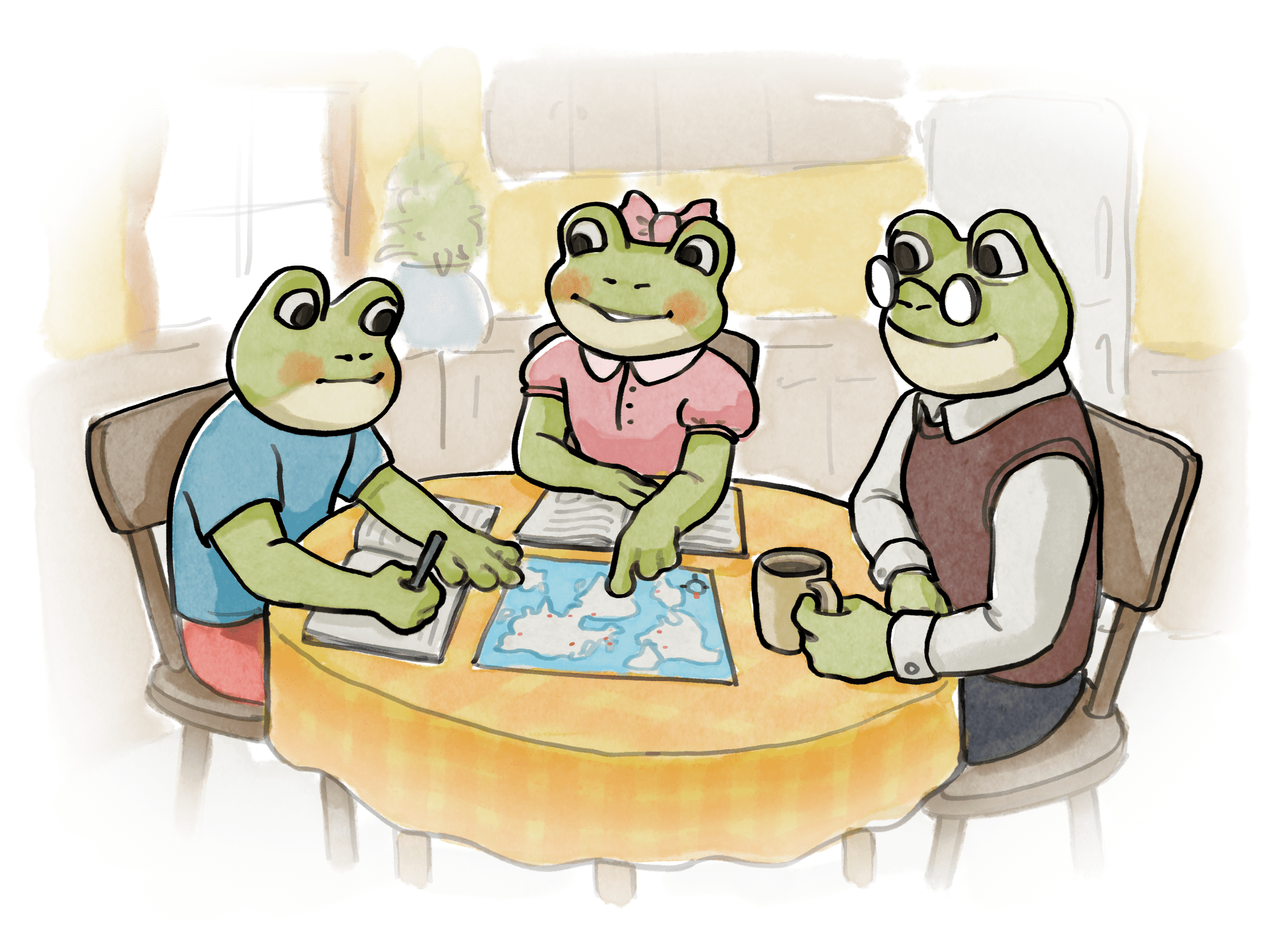Homeschooling: Nurturing Freedom or Limiting Social Development?
The choice between homeschooling and traditional schooling is a topic of intense debate among educators, parents, and policy makers. Homeschooling, once a fringe choice, has become increasingly mainstream, raising questions about its impact on children. Does it offer a nurturing environment that promotes freedom and individual growth, or does it limit children’s social development?
The Surge in Homeschooling
Homeschooling has seen a significant increase in popularity over the last few decades. This surge is partly driven by parents’ dissatisfaction with the traditional schooling system, concerns over bullying, and a desire for a more tailored education that aligns with family values. Technological advancements have also made homeschooling more accessible and effective, providing families with a plethora of resources.
Personalized Education and Freedom
One of the most compelling arguments for homeschooling is the freedom it offers. Unlike traditional schools where education is standardized, homeschooling allows for a more personalized approach. Children can learn at their own pace, explore subjects they are passionate about, and engage in experiential learning. This customization can be particularly beneficial for children with special educational needs or those who thrive outside conventional classroom settings.
In homeschooling, education is not confined to textbooks or a strict curriculum. It often includes hands-on learning experiences, real-world exploration, and participation in community activities. This approach can foster a love for learning, encourage critical thinking, and develop problem-solving skills.
Family Values and Moral Education
Homeschooling provides parents with the opportunity to impart specific values and beliefs to their children. For many families, this aspect is crucial, particularly if they feel that traditional schools do not reflect their moral perspectives. In a homeschooling environment, education can be intertwined with religious teachings, ethical lessons, and family values, offering a holistic approach to child development.
Concerns about Socialization
One of the most significant criticisms of homeschooling is its perceived impact on children’s social development. Critics argue that by not attending a traditional school, homeschooled children miss out on vital social interactions. These interactions are crucial in developing social skills, empathy, and the ability to navigate diverse social settings.
There is a concern that homeschooled children may not be exposed to a wide range of perspectives and lifestyles, potentially leading to a lack of social adaptability and awareness. In traditional schools, children interact with peers and teachers from various backgrounds, an experience that can’t be fully replicated in a homeschooling environment.
Countering Socialization Challenges
Many homeschooling families are aware of these concerns and take active steps to provide socialization opportunities for their children. This includes participating in homeschooling networks, group classes in subjects like art or music, sports teams, and community volunteering. Technology also plays a role in connecting homeschooled children with peers through online classes and forums.
Academic Performance and Outcomes
Studies on the academic performance of homeschooled children versus those in traditional schools have shown mixed results. Some research indicates that homeschooled children perform better in standardized tests and have higher college admission rates. However, these studies often face challenges in methodology and may not fully represent the diverse spectrum of homeschooling experiences.
Preparing for the Real World
A crucial aspect of education is preparing children for the real world. Homeschooling advocates argue that their approach provides practical life skills and independent learning strategies that are valuable in higher education and beyond. Critics, however, worry that homeschooled children might be less prepared for the diverse and often challenging environments they will encounter in adulthood.
Conclusion
The debate over homeschooling’s impact on children’s freedom and social development is complex. Homeschooling offers personalized education, the ability to instill specific values, and a safe learning environment. However, it also presents challenges in socialization and exposure to diverse perspectives. The key lies in finding a balance, ensuring that homeschooled children receive not only academic education but also opportunities to develop social skills and adaptability. As the landscape of education continues to evolve, so too will the approaches to homeschooling, striving to provide the best possible outcomes for children’s development.




